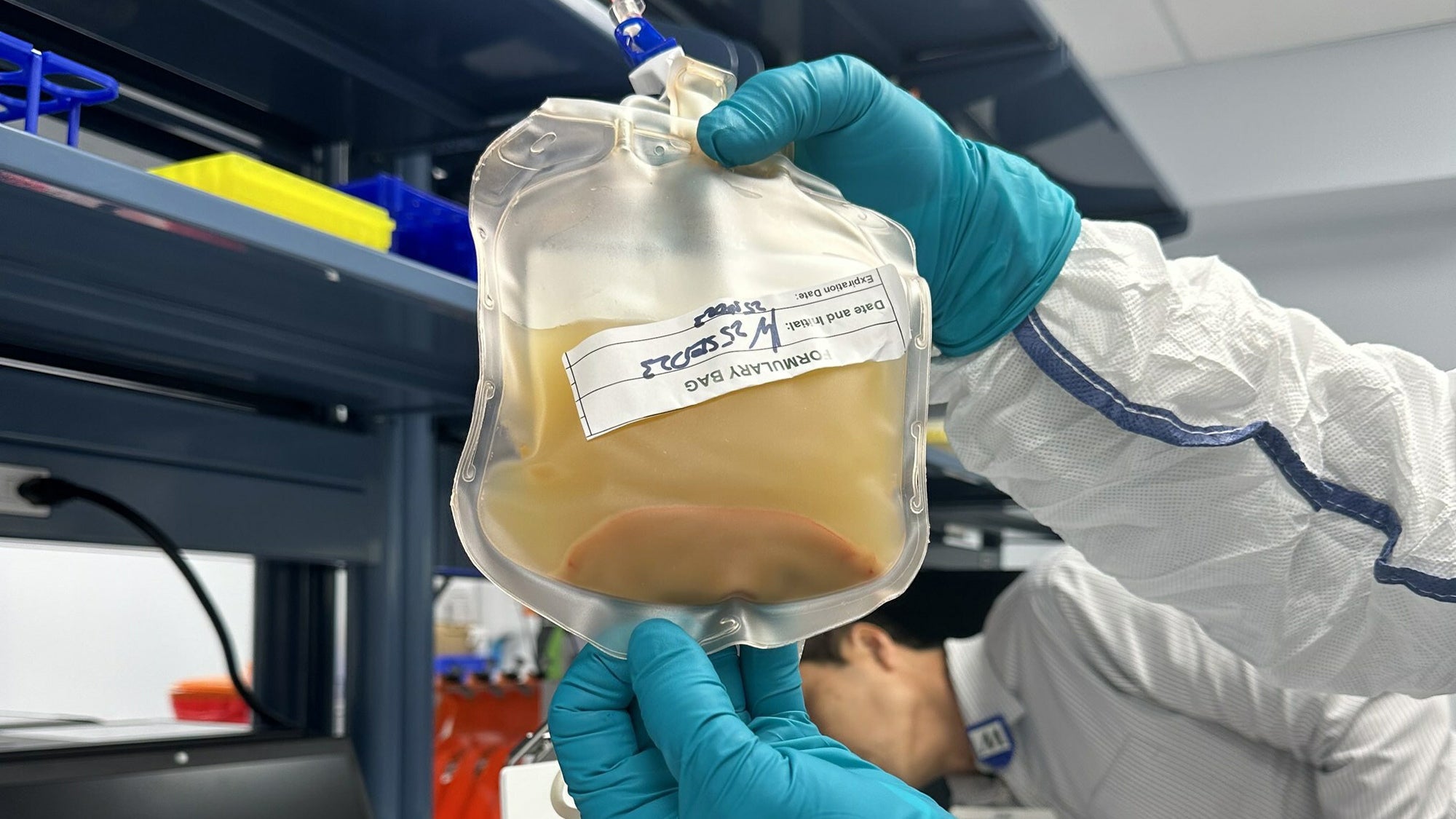Tooth enamel damage in people with coeliac disease might be due to an autoimmune reaction triggered by proteins from the gut or food, according to a recent study. The University of Eastern Finland‘s Institute of Dentistry participated in this international research, and the results were published in the prestigious scientific journal Nature.
The study revealed a connection between tooth enamel issues seen in autoimmune diseases like coeliac disease and the presence of autoantibodies targeting proteins essential for healthy enamel formation.
Coeliac disease, a prevalent autoimmune condition, often begins in childhood, affecting one in every 100 people. The disease is triggered by the enzyme protein transglutaminase 2 (TGM2) in the small intestine, modifying the gliadin gluten component. This modification leads to an immune response, causing the production of autoantibodies against both TGM2 and gliadin. The specificity of antibodies against TGM2 is so distinctive that it is employed as a screening tool for identifying coeliac disease.
While inflammation of the intestine is the main symptom of coeliac disease, in affected children, proper development of tooth enamel is often compromised. Dentists, in many cases, are the first to suspect coeliac disease in children. Previously, it was believed that dental issues in coeliac disease were mainly due to malabsorption related to gut inflammation.
However, a recent study revealed that enamel defects can result from antibodies targeting proteins in the gut or diet. These antibodies bind to proteins that influence tooth enamel development, sharing similar binding sites with proteins like the TGM2 enzyme and kappa-casein in cow’s milk.
In conclusion, the study highlights a significant link between tooth enamel damage in coeliac disease and an autoimmune reaction. Contrary to earlier beliefs, the research suggests that antibodies produced against proteins in the gut or diet, explicitly targeting those controlling tooth enamel development, could be responsible for these defects. This newfound understanding may have implications for early diagnosis and underscores the broader impact of coeliac disease beyond intestinal inflammation.
Journal reference:
- Gruper, Y., Wolff, A.S.B., Glanz, L. et al. Autoimmune amelogenesis imperfecta in patients with APS-1 and coeliac disease. Nature. DOI: 10.1038/s41586-023-06776-0.
Note: This article have been indexed to our site. We do not claim legitimacy, ownership or copyright of any of the content above. To see the article at original source Click Here













